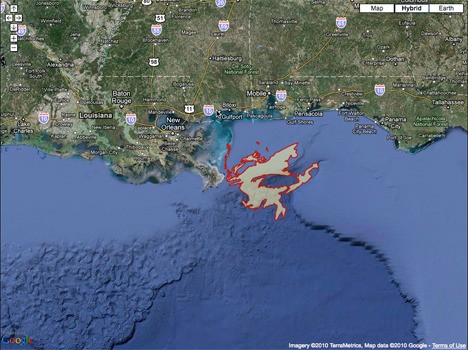Twelve Islands Oil Spill Association volunteers are on a list to help clean oiled wildlife, in the event help is needed, in the Gulf region.
Jackie Wolf of IOSA contacted the BP Horizon Hotline; a BP representative called her back, had Wolf fill out a form, and passed the information on to BP’s wildlife coordinator.
“They have thousands of people who have volunteered already. But 12 local volunteers have called me and said they want to go if they are needed,” Wolf said.
“Due to the weather conditions and the fact that not much oil has hit land down there yet, it sounds like they don’t yet have a big influx of oiled wildlife to deal with,” Wolf e-mailed May 5. “And according to blog entries by Dr. Mike Ziccardi, director of the Oiled Wildlife Care Network at University of California, Davis, this delay has given them the much-needed time to get set up and begin the required training for volunteers.
“That said, there are a number of oiled wildlife centers set up in Louisiana, Alabama, Mississippi and Florida, with the oil projected to reach shorelines in Florida sometime later in the week. Since no one yet knows what will happen and what will be needed, we’re all just in a stand-by mode. I will continue to let you know immediately of any relevant info we get about the need for responders from our region.”
Wolf said Ziccardi’s daily and nightly journal entries “are great at giving you a sense of what the wildlife folks are doing/thinking/feeling down there.”
Wolf was busy mailing out certifications to potential volunteers. Certified wildlife responders with the required HAZWOPER training can call the volunteer hotline, 1-866-448-5816. “If you do call, be sure to tell them the training that you already have, especially if you’ve had HAZWOPER,” Wolf said. “Most of you should have a copy of your certification letter from IOSA, but you can give them the IOSA office phone number (378-5322) if they need to call for any information on your training.”
She added this warning about semantics, “If the volunteer on the hotline says you need a ‘license,’ just tell them you’ve got a license — it really means you’ve got the certification.”



